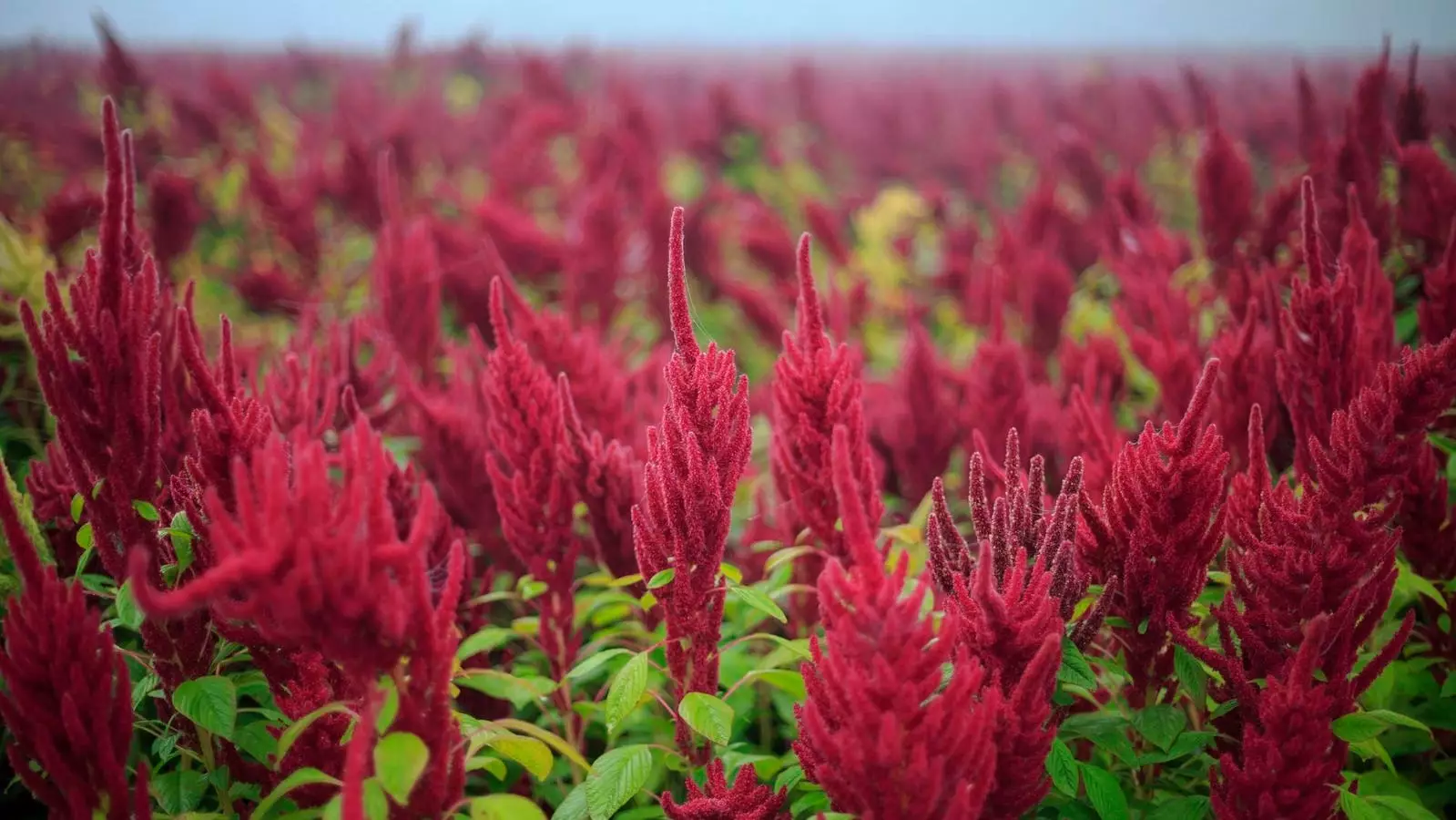Food security is a pressing concern for populations worldwide, yet the diversity of available edible plant species remains largely untapped. Despite the existence of thousands of edible plants, a staggering 60 percent of the calories consumed globally come from just three staple crops: rice, maize, and wheat. This alarming statistic highlights an over-reliance on a handful of crops while neglecting the rich spectrum of alternatives provided by nature. The Food and Agriculture Organization (FAO) has noted this trend and is drawing attention to the need for more diversified food sources that can enhance nutritional intake and sustainability.
However, the situation becomes even more serious when we narrow the focus to vegetables; there is a significant gap in the preservation of vegetable varieties within global agricultural systems. As reported by Maarten van Zonneveld from the World Vegetable Center, a mere 10 percent of the crop varieties stored in genebanks are vegetables, and within this subset, African crops are among the most insufficiently represented. Such disparities underscore a grave risk to our agricultural biodiversity, which is vital not only for human nutrition but also for the broader health of our ecosystems.
Agrobiodiversity encompasses the variety of life found in agricultural systems, including crop varieties, livestock breeds, and the ecosystems that support them. The benefits of maintaining agro-biodiversity are staggering; it plays a crucial role in enhancing food security, ensuring resilience against climate change, and combating plant diseases and soil infertility. To address these issues on a more targeted level, van Zonneveld emphasizes the urgent need to conserve and utilize Africa’s vegetable biodiversity, particularly as a strategy to confront malnutrition.
Acknowledging this need has led to the inception of the African Vegetable Biodiversity Rescue Plan, announced during the Africa Food Systems Summit in Kigali, Rwanda. Designed as part of the broader Vision for Adapted Crops and Soils (VACS) program, initiated by Dr. Cary Fowler, this ten-year plan (2025-2035) is poised to redirect resources and attention toward underutilized native crops. Its objective is to unlock the potential of African vegetable biodiversity, which could be essential in creating sustainable, health-based food systems in sub-Saharan Africa.
The World Vegetable Center, leading the initiative, emphasizes the potential benefits of these so-called “forgotten” crops. They represent a valuable resource that could significantly contribute to establishing climate-resilient food systems. For instance, in sub-Saharan Africa, these crops could play a key role in alleviating hunger and malnutrition while simultaneously supporting local farmers with affordable produce for their communities.
Gabriel Rugalema, the Associate Director General for Africa at the World Vegetable Center, identifies climate change as a prominent threat to indigenous African vegetable varieties. Droughts, floods, and urbanization have compounded the challenges faced by these crops. The Rescue Plan stands as a call to action, inviting collaboration from various stakeholders to address these challenges and protect the integrity of African vegetable species.
As we look toward the future of food security, it is crucial to recognize that the crops that sustained past generations can be instrumental in crafting tomorrow’s sustainable food systems. The need for diversification in diets cannot be overstated, and embracing local “opportunity crops”—such as fonio and millet—can help reinforce that imperative. Not only does diversifying our own diets with these climate-smart foods enhance individual nutrition, but it also sets a precedent for a broader shift in the global food system.
Nurturing and preserving biodiversity within agriculture is an essential step toward addressing the current and future challenges of food security. The African Vegetable Biodiversity Rescue Plan illuminates a path forward—one that values indigenous crops and recognizes their potential in cultivating a resilient, equitable future. The essence of food security lies not just in the types of foods produced, but in celebrating and embracing the rich diversity that nature offers. As consumers, it is our responsibility to seek out and support these varieties, fostering a movement that respects and promotes the health of our global food systems.

